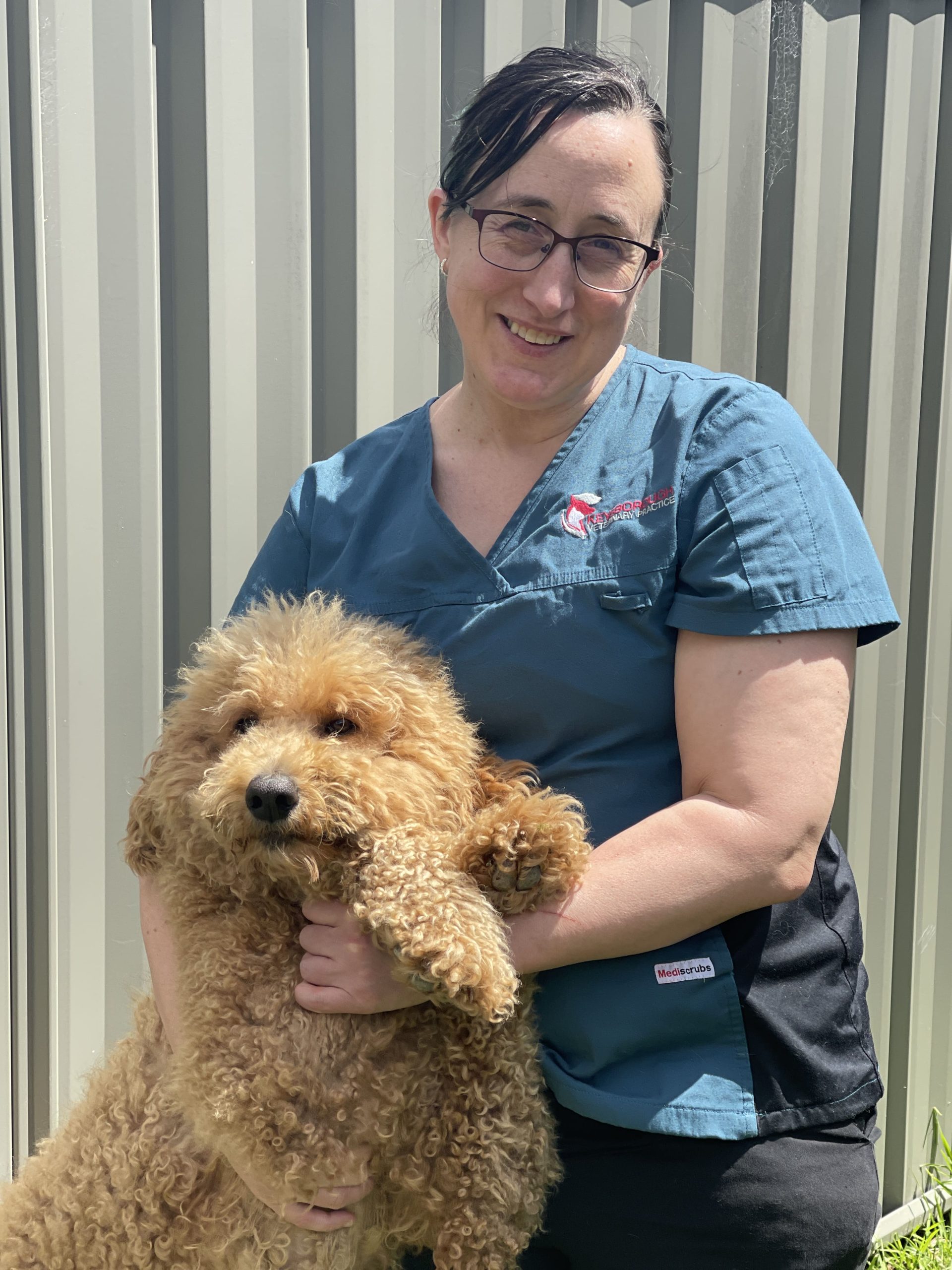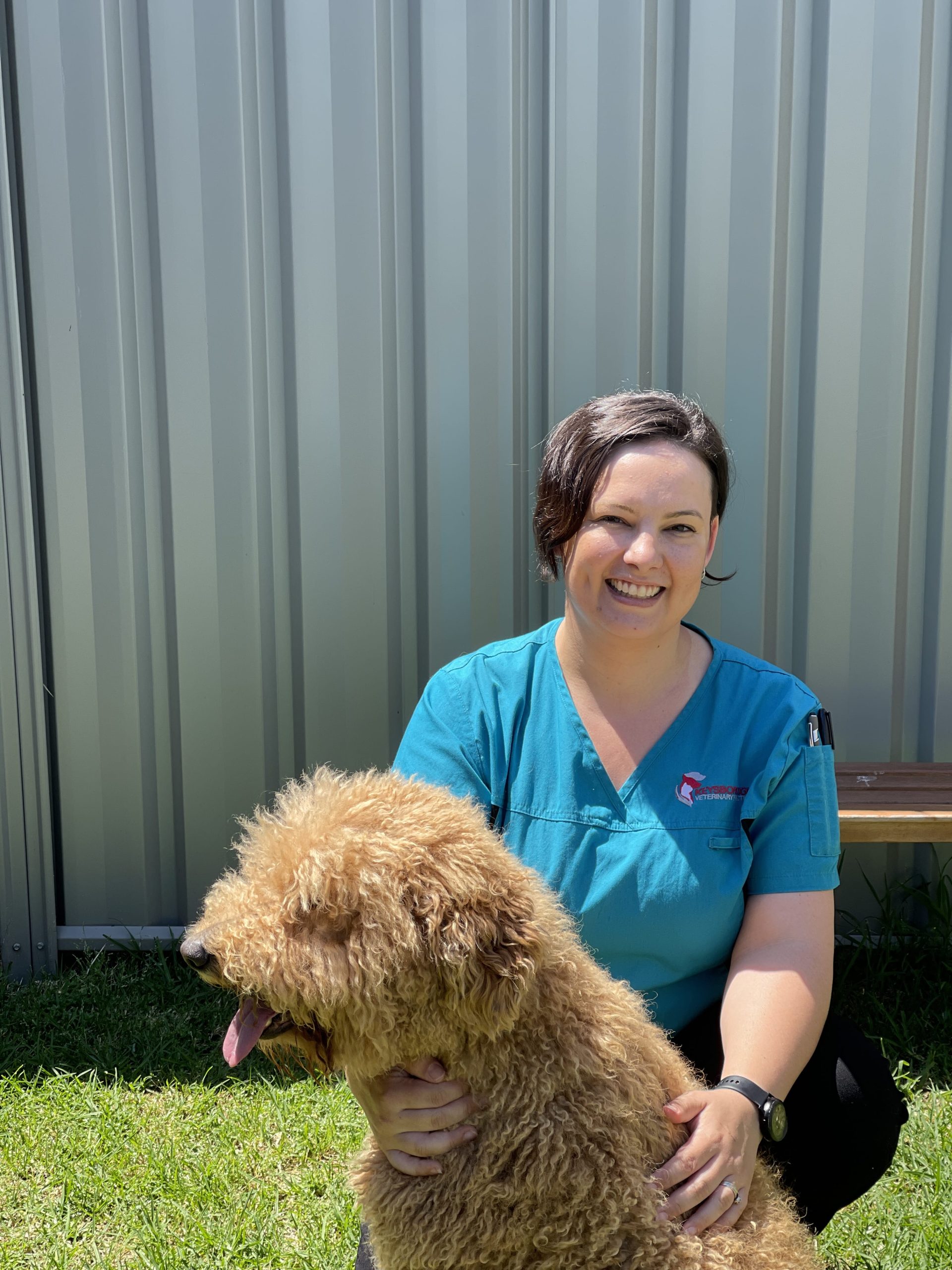-
 Vaccination and wellness services
Vaccination and wellness services
-
 General & Orthopedic Surgery & Dentistry
General & Orthopedic Surgery & Dentistry
-
 X-Rays & Ultrasounds
X-Rays & Ultrasounds
-
 General Pathology
General Pathology
-
 Flea & Worm
Flea & Worm
-
 Urgent Care
Urgent Care

Veterinary Services in Noble Park: Keeping Your Furry Friends Healthy

In our years of experience, one thing that is undeniable is the deep bond between humans and animals.
That is why, at Keysborough Veterinary Practice, we are dedicated to fostering that bond through comprehensive and compassionate care.
From routine wellness check-ups and vaccinations to advanced diagnostics, surgical procedures, and specialized treatments, you name it. These wide range of veterinary services ensure your pets are healthy and happy at every stage of their lives.
Conveniently located in Keysborough, this location is easily accessible to residents of Noble Park. Whether you’re a longtime resident of Noble Park or a visitor passing through, our doors are open to provide personalised attention to your cherished pets.
We understand the unique needs of pets in the area and are well-versed in the challenges posed by fleas and worms.
Understanding Common Pet Parasites
The three common parasite kinds that can harm pets include intestinal worms, heartworms, and fleas. Here’s a deeper understanding:
1. Fleas
Fleas are small, wingless insects that feed on the blood of animals.
They can cause:
- Itching
- Irritation
- Discomfort for pets.
Fleas multiply rapidly. They infest not only the pet but also their surrounding environment, such as bedding, carpets, and furniture.
These infestations can lead to:
- Flea bite dermatitis
- Hair loss
- Skin infections
- Transmission of other diseases.
Fleas can be introduced to pets from infested environments or through contact with other animals carrying fleas.
2. Intestinal Worms
Intestinal worms are parasites that reside in the gastrointestinal tract of animals.
The most common types of intestinal worms in pets include:
- Roundworms
- Hookworms
- Whipworms
- Tapeworms.
Pets become infected by ingesting worm eggs or larvae through contaminated soil, water, or infected animals.
Intestinal worm infestations cause various symptoms depending on the type of worm involved. These may include:
- Weight loss
- Diarrhea
- Vomiting
- Oot-bellied appearance,
- Poor coat condition
- General weakness.
In severe cases worms can cause more serious complications. To prevent these complications, performing regular deworming treatments and preventive measures can help.
You can also include good hygiene practices, which are important to keep pets free from intestinal worms.
3. Heartworm
Heartworm is a potentially life-threatening parasitic infection It is caused by a type of roundworm called Dirofilaria Immitis.
It primarily affects dogs but can also occur in cats and other animals. Heartworms are transmitted through the bite by infected mosquitoes.
Once infected, heartworm larvae migrate to the heart, lungs, and blood vessels, where they mature into adult worms.
Over time, these worms can cause severe damage to the heart and lungs, leading to heart failure and other complications. Symptoms may include:
- Coughing
- Difficulty breathing
- Fatigue
- Exercise intolerance.
Prevention is crucial when it comes to heartworm, as treatment can be complex and costly.
Veterinary-recommended preventive medications are available in the form of oral tablets, topical applications, or injections.
Flea and Worm Prevention: Keeping Your Pets Healthy
At Keysborough Vet, we offer a range of preventive measures to safeguard the health and happiness of your pets.
In Australia, fleas and worms are prevalent throughout the year, posing a constant threat to your pets. These pesky parasites can cause itching, irritation and even lead to more severe health conditions if left untreated. That’s why taking proactive preventive steps is crucial.
We believe that prevention is key to maintaining the health of your pets and minimising the risks associated with these parasites. That is why we empower you with the knowledge and tools to protect your furry companions effectively.
Treatment for Pet Parasites
The treatments for fleas, intestinal worms, and heartworms can vary depending on the specific parasite and the severity of the infestation. Here’s a general overview of the treatments we offer:
1. Fleas
- Topical Treatments: These are put directly onto the pet’s skin, usually along the back or in the space between the shoulder blades. They stop adult fleas from reproducing by killing them.
- Oral Medications: These are swallowed by the pet, and when fleas bite the animal, they kill the fleas systemically.
- Flea Collars: These collars release chemicals that repel and kill fleas.
In severe infestations, it may also be necessary to treat the pet’s environment, such as bedding, carpets, and furniture, to eliminate flea eggs, larvae, and pupae.
2. Intestinal Worms
- Deworming Medications: These drugs come in a number of forms, including pills, chewables, liquids, and injectables. They are made especially to go after and get rid of particular kinds of intestinal worms.
- Regular Preventive Treatments: Regular prevention medicine administration is frequently advised to prevent reinfestation, depending on the lifestyle and risk factors of the pet.
3. Heartworm
- Prescription Medications: These preventive drugs come in a variety of forms, including oral pills, topical creams, and injections. They are given on a regular basis (monthly or yearly) to eradicate heartworm larvae and stop them from growing into adult worms.
- Annual Testing: It is recommended to conduct an annual heartworm test. This ensures early detection of any infection and to assess the effectiveness of the preventive treatment.
In cases where a pet is already infected with heartworms, additional treatment protocols may be necessary.
Overall, it’s important to consult our vet in Keysborough for accurate diagnosis. This will ensure appropriate treatment, and guidance on preventive measures for your specific pet.
Don’t wait until fleas and worms become a problem for your pets
Take proactive steps to protect their health and well-being.
At Keysborough Veterinary Practice, we understand the importance of keeping your beloved pets safe. That is why our team is dedicated to providing comprehensive services for flea and worm prevention.
Visit us today to get a comprehensive assessment.
Explore the veterinary services offered in neighboring suburbs such as Springvale, Dandenong South, Mordialloc, Dandenong, Clayton South, and Braeside, Australia.































